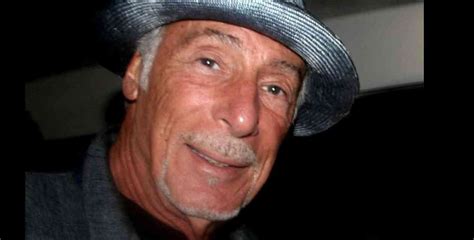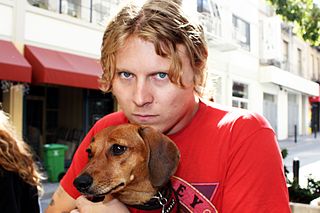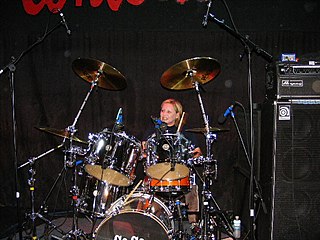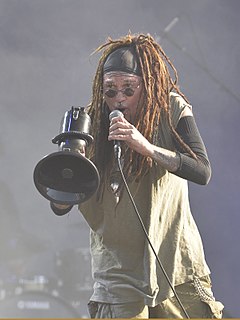A Quote by Richard Thompson
People want to be the first with the record, they want to be the first to know which songs are on the record, all that kind of stuff. So I like to just stall them a bit. Personally, I love the idea of an album that's completely new, that no one's heard any free downloads, any pre-record releases, all that kind of stuff, and nothing's been played on the radio. Totally virgin, you know, a sealed record. That's my ideal, but it's very hard to get anybody else to agree to do that.
Related Quotes
I'm not thinking about the next record really yet. I kind of want to do a bunch of stuff with Jonathan Zawada, the guy who did the album art. I'd like to do some crazy art installations and design some weird synthesizers and work with other people and make some fun stuff for a bit. Maybe tap into virtual reality stuff or maybe write another record.
The first time I actually heard any of the Beatles' music it was in a car. I think it was the, the B side of their first record. I think it was "I Want to ... I Want to Hold Your Hand". And it, it really sounded different to me. And it sounded a bit like trouble, like this is something new 'cause I very rarely paid any attention to what anyone else was doing.
I really like to think of each record as its own thing. So, for sure, but I hate the idea of being stuck in anything. Like I want to do a Hawkwind-style record too, or a noise rock record or a hardcore record. Why not, you know? I would just not want to keep heading too far in one direction, without pulling off and going the other way.
That was an idea of the record company, and also that was my first album after MCA and we wanted to come back with a strong album that would be noticed. If we put the vocals by very talented people and very meaningful songs, then the vocals would be a platform so that I could be noticed again. All of the MCA albums were just loaded with problems -- you know, the right musicians, the engineers. The record company would say 'You have to make music for black radio, you can't do what you have been doing with The Crusaders.' Everybody was telling me that was over, finished, done.
In the very beginning, I kind of had this hip-hop, cut-and-paste approach to music. The first record, especially, was from looking at people like DJ Shadow and A Tribe Called Quest, and I think a phase that a lot of people go through when they start sampling is to go out and stamp on twigs and try to record that kind of stuff.
I really like to think of each record as its own thing. So, for sure, but I hate the idea of being stuck in anything. Like I want to do a Hawkwind-style record too, or a noise rock record or a hardcore record. Why not, you know? I would just not want to keep heading too far in one direction, without pulling off and going the other way. That is what is fun for me.
The label's going great, because we're not idiots. We're not trying to sue everyone that downloads everything. We try to give the fans a bunch of free stuff, and then have them buy the record. Without buying the record, it doesn't support your artist. These idiots like Radiohead and Sharon Osbourne that are like, "Free Ozzfest!", "Pay what you can for a record!" - Radiohead's already got their yachts and mansions. Sharon Osbourne already has her empire.
I struggled with the pressure of having the successful record after the first record. Second album syndrome. I'm living proof; it's very real. It was like a psychological battle to be creative. I used to never feel pressure to be creative; it's always just been a fun thing. And then suddenly it's my job, and people are asking, 'Where's the record?'


































